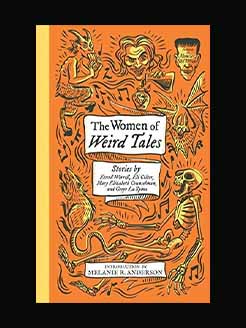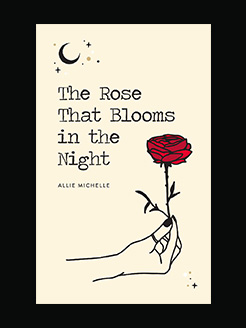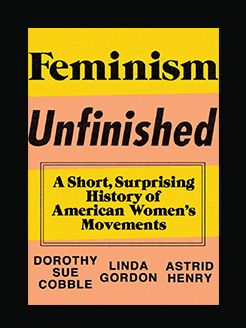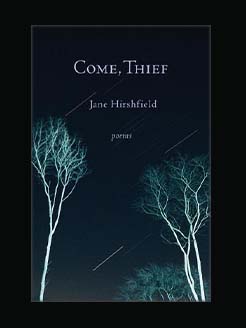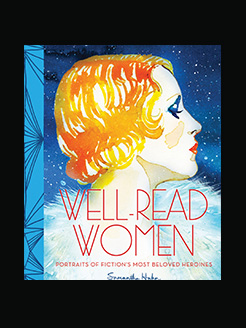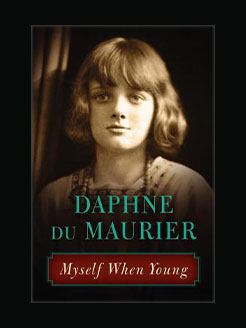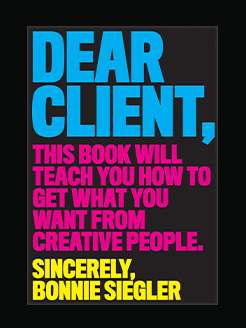Published in 2018
320 pages
Parker Posey is a singularly gifted actress with a wickedly funny personality that belies her movie star status, her cross-generational fame stems from starring roles in such unforgettable movies as Dazed and Confused, Party Girl, You’ve Got Mail, and her recurring roles in Christopher Guest’s mockumentaries.
What is this book about?
Her memoir seems to be polarizing, so here’s a good review explaining why from Krista on goodreads:
My book is called You’re on an Airplane. It’s a memoir pronounced with the emphasis on “me”. Think of it like an actor who was cornered into writing.
The opening premise of You’re on an Airplane is that you’re sitting beside Parker Posey on a flight, and with such close proximity and time to waste, she begins to tell you about her life and her career as an indy actor. The premise is embraced in the beginning – with Posey interrupting her storytelling to ask the flight attendant for a seltzer or a warm cookie; to ask sporadic questions of yourself – but the concept eventually kind of fizzles out, with fewer and fewer references to the imaginary scenario as it goes along. (Which was fine so far as smooth storytelling goes, but it did make the conceit feel slightly pointless in the end.) A celebrity memoir is a strange animal – the author presumably wants to tell you about herself, but it’s not like she owes you her soul – and while I learned plenty about Parker Posey’s childhood, hobbies, and celebrity encounters, there’s nothing deeply revelatory or shocking here (and again, she doesn’t owe me that anyway.) Usual caveat: I read an ARC and quotes may not be in their final forms.
I was on As the World Turns at the time, fresh from dropping out of college after three years on probation, mainly for a bad attitude because I didn’t want to rehearse scenes in acting class, preferring instead to wing it. I had a lazy attitude for things I didn’t feel were important, like circus class. I didn’t have the guts to be a real clown and already knew how to juggle. I skipped class to clown around and kept my probation letters in the freezer, for some reason – an act of self-preservation, maybe.
Posey reveals an interesting family tree; with big personalities going back a few generations and her own parents seeming like cool but odd ducks (I loved the newborn picture of Posey wearing false eyelashes: “You were so small I didn’t know what to do with you”, explained her Mom). But there’s really nothing about how Posey broke into acting – all of sudden she’s on a popular soap opera while also filming Dazed and Confused. From there, Posey recalls film projects out of any chronological order, and while from her stories you understand that she approaches acting as a serious art form – filming scenes often leave her exhausted, hysterical, or in tears – there’s nothing about her processes or personal philosophy of her craft.
Auditioning feels like my real self has been punished and sent to my room, while my pretend self is forced to make nice when there is nothing I’ve done wrong. At an audition in my twenties I spazzed out so much that the casting director asked my agent if I was on drugs. I wasn’t, but just had lots of energy and was excited to be there.
Posey writes about her more famous costars over the years, but it’s not gossipy (the few times she has something slightly negative to say about someone, she doesn’t name the person). She found Wesley Snipes to be distant, Vince Vaughn to be sweetly supportive; Liza Minnelli and Catherine O’Hara to be funny and wise; Louis CK is a complicated auteur and Woody Allen is the “greatest living director”. On meeting Liev Schreiber:
Liev came in fresh off his motorcycle, holding his helmet and exuding a strong actor’s attitude. He acted like he’d just finished Yale School of Drama, which he had. This was before The New York Times said he was the greatest living theater actor of his generation, or something to that extent. He was the envy of so many of his contemporaries and treated the small part as a favor to Daisy, which it was. Liev is spectacular onstage. He later told me that he almost didn’t do the part in Party Girl because I seemed like an idiot.
In addition to interesting enough storytelling, the book itself contains pages of collage, recipes, and both a very long description of a sequence of yoga moves and a very long explanation of how to throw clay on a pottery wheel. With stories of meeting with a dog psychic to discuss her emotional service animal (and beloved pet, Gracie), investigating Ayurvedic medicine (as it relates to the nature of your own body in conflict with the nature of the settings it finds itself in), and meeting with an analyst who explains the mental stress of Posey exposing herself onscreen as an unconscious reenactment of having been put on display in an incubator as a premature infant, there’s a real risk of Posey coming off as a bit flakey. But then I read a review in The Wall Street Journal which goes:
In her book, the actress finds her own ways to provoke. At one point, she refers to her past lives in India. Asked about it, she said she enjoys toying with the image that people have of her.
“It’s like I’m playing with being the person people expect,” Ms. Posey said, “performing that on paper.”
If that’s Posey’s game, it’s not obvious; but okay – she’s the artist here. You don’t get the sense that Posey is living the fabulous celebrity lifestyle of fame and fortune, and it’s also hard to say from this memoir if what she has is worth the tradeoff of not being able to live a normal, anonymous life. There’s a late scene at the co-op pottery studio she’s a member of – a place that expects its members to share the chores or pay a $15/month fee – and another woman tells her that by paying the fee, it makes it seem to the other members that Posey must think she’s special. Posey explains that she is special; she’s famous; she can’t go to the grocery store without being recognised by someone. And this scene seems like the crux of the book: It’s hard to feel sorry, exactly, for a middle aged actress who still has the cachet to only work on projects that personally appeal to her, but what cost does she pay for this career? On the one hand, why would she want to spend her limited down time mopping a pottery studio? But on the other hand, it makes her seem totally out of touch – this is not a “normal” life, and that must be hard.
People say such weird things to you when you’re famous – like a cardboard cutout version of yourself wearing a mirrored mask.
Ultimately, we don’t learn anything deeply personal about Posey in this memoir (not that she owes the reader that) and this isn’t your typical “How I broke into show business” (a la Tina Fey, Amy Poehler, Mindy Kalin) celebrity origin story. You’re on an Airplane contains the story of a life, but it does feel crafted and curated; but what else would you expect an artist to create? This may be of more interest to someone who watches more indy movies than I do, but I wasn’t unhappy to have joined Posey on this flight.
